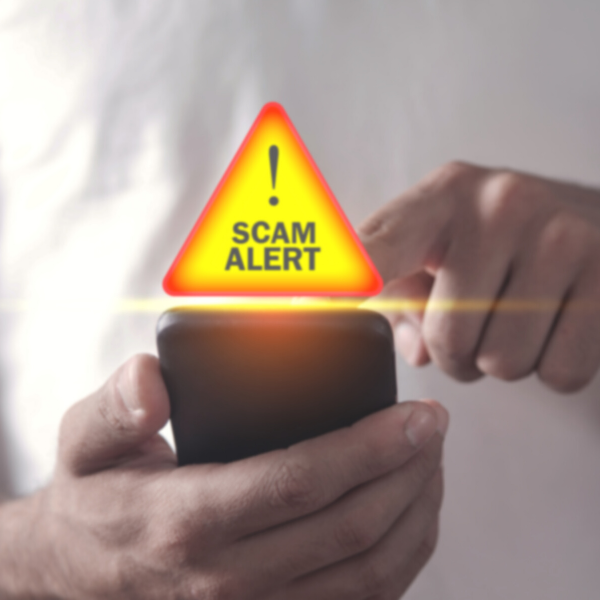In a prior post (see IRS Issues Warning About Coronavirus-Related Scams) we relayed information from the IRS, warning of potential Coronavirus-related scams. Today, the IRS is once again advising taxpayers to be on the lookout for scams relating to the Coronavirus and Economic Impact Payments. Taxpayers should be on the lookout for calls from IRS impersonators, as well as texts and email phishing attempts regarding COVID-19 Economic Impact Payments. Such scams, the IRS warns, can lead to tax-related fraud and identity theft.
The IRS advises that taxpayers should be aware of the following information:
- The IRS will not call, email, or text you to verify or obtain financial, banking, and personal information. Do not provide financial or personal information or engage with potential scammers either online or over the phone.
- Be wary of websites and social media sites that request money or personal information.
- Do no open unrecognized emails that appear to be from the IRS or click on any embedded links or attachments.
- Forward suspicious emails to [email protected] and then delete such emails.
Taxpayers should also know the following about the Economic Impact Payments:
- The IRS will automatically deposit Economic Impact Payments into taxpayers’ bank accounts provided on their 2019 or 2018 tax return for direct deposit of their tax refund.
- Taxpayers without a direct deposit account on file can provide their information online through the IRS’s secure “Get My Payment” website, located at https://www.irs.gov/coronavirus/get-my-payment.
- Taxpayers eligible for an Economic Impact Payment who do not provide direct deposit information will receive a payment mailed to the last address the IRS has on file.
- The IRS does not charge a fee to issue the payment.
Finally, the IRS warns that scammers may do any of the following:
- Ask a taxpayer to sign over his or her Economic Impact Payment check to them;
- Ask for verification of personal and banking information;
- Suggest that the taxpayer can receive his or her tax refund or Economic Impact Payment check faster by working with them; or
- Issue a fraudulent check, often for an odd amount, and then have the taxpayer call to verify personal and financial information in order to cash the check.
Information from the IRS regarding the COVID-19 pandemic and Economic Impact Payments can be found at https://www.irs.gov/coronavirus-tax-relief-and-economic-impact-payments. The IRS urges taxpayers to share this information with family and friends in order to be on the lookout for potential Coronavirus-related scams.
Author
-

Kyle P. Graham
Kyle Graham is an Associate at McCarthy Lebit whose practice focuses on a variety of transactional work including taxation, trusts and estates, and business, and corporate law. Learn more about Kyle and his practice.
